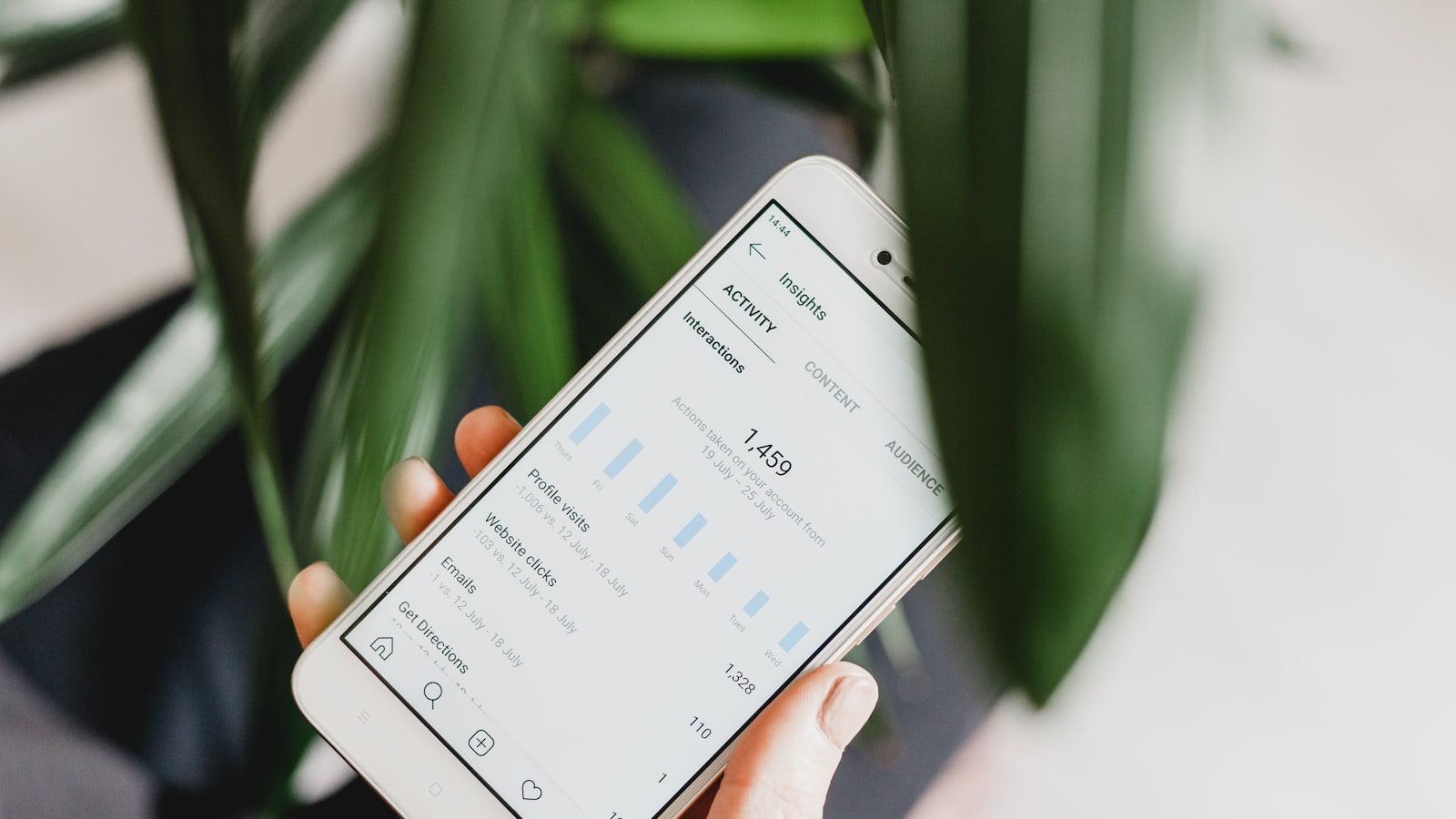What is Forex Trading Must to Reach Your Trading Goals”>Foreign Exchange (Forex)?
Forex, also known as Foreign Exchange, is a decentralised global market for exchanging currencies at favourable exchange rates. It is the world’s largest financial market, accounting for more than $5 Trillion in daily trading volume. Forex consists of currency pairs traded against each other and their respective value. In order to make a gain, one currency has to be worth more than the other between the pair. Foreign Exchange allows investors to diversify their portfolio and benefit from international asset classes while at the same time managing their risk.
Advantages of Forex Trading
Forex trading provides a number of advantages to traders compared to other markets. The Forex markets are open 24 hours a day, 5 days a week, allowing investors to enter the market at any time of day. It’s also quite liquid, meaning transactions happen quickly and with minimal market impact. Low costs are another advantage of Forex trading; in most cases there are no brokers involved as these are direct market trades. This allows traders to open and close positions with minimal hassle or cost. Lastly, Forex brokers offer leverage, meaning that you can control larger amounts of capital using only a small amount of money.
FOREX Swap Market
Forex swaps are over-the-counter derivative contracts that enable the exchange of cash flows between two parties. They are used to mitigate currency exchange rate fluctuations and to hedge against foreign volatility. Swap markets are formed when either a foreign exchange call or an over the counter spot comparison is conducted. A foreign exchange call is an agreement between two parties to exchange one currency for another at a determined rate. An over the counter spot comparison is the comparison of the spot market prices of related currencies in order to determine potential gains or losses.
Forex swap markets are advantageous to businesses operating in more than one currency, as swap contracts can effectively hedge against any currency fluctuations. These markets also enable firms to access capital at lower rates of interest than other forms of credit. Companies conducting currency swaps also benefit from not having to go through the negotiation process that is involved in other forms of borrowing.
Due to their complexity, Forex swaps are best performed by experienced traders. In order to understand and successfully conduct Forex swaps, traders must use analytical tools such as options on the foreign exchange market, index futures transactions, or other multivariate options. It is also necessary to understand market conditions and current economic trends in order to make an informed swap decision. Furthermore, as swap markets can be volatile, careful attention must be paid to changes in rates in order to maximize gains and limit losses.
The Forex swap market is a beneficial addition to an investor’s portfolio and can be used to earn high returns with minimal risk. By understanding the basics of the market and leveraging the advantages of Forex swaps such as lower costs and increased liquidity, traders can access new trading opportunities and capitalise on potential market movements with relative ease. Crypto-swap markets, also known as decentralized exchanges (DEXs), are a type of digital asset exchange that utilizes blockchain technology to connect buyers and sellers. Unlike centralized exchanges, DEXs are more secure and private as they have no central server or custodian. As such, DEXs provide users with greater control over their funds and transaction privacy. Additionally, DEXs do not require users to provide additional personal data, allowing them to remain anonymous and untracked. On Crypto-swap markets, users can trade multiple cryptocurrencies, including Bitcoin and Ethereum. The user interface of Crypto-swap markets is similar to that of centralized exchanges, and the trading process is relatively straightforward and intuitive. The main advantage of Crypto-swap markets is that they allow for trustless trades between users, which further enhances security and promotes the blockchain’s spirit of decentralization. Furthermore, these exchanges are often more cost-effective than their centralized counterparts because they do not require users to pay the high trading fees associated with centralized exchanges.



